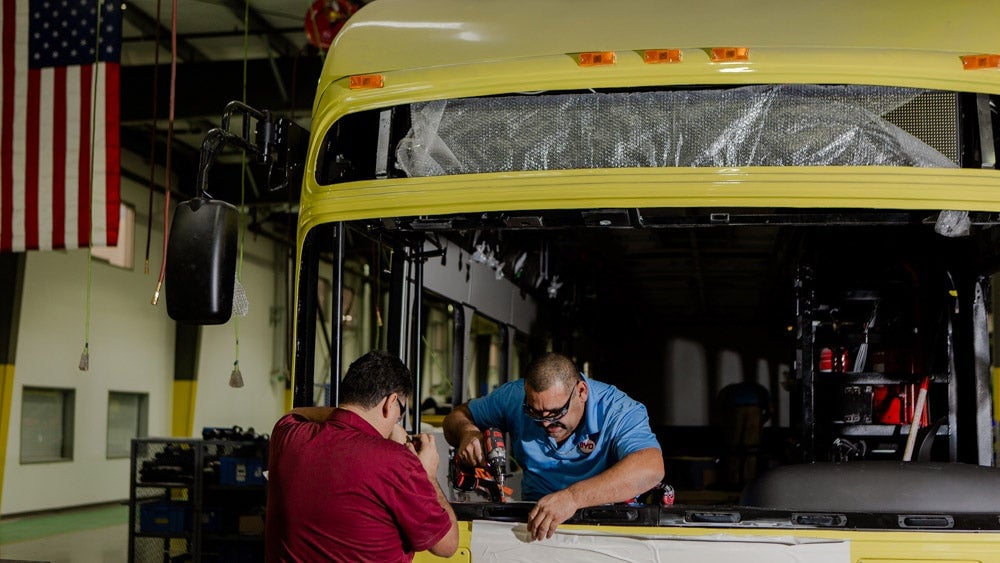Some furloughs are turning into layoffs, tempering coronavirus recovery hopes
The latest US jobs report found that 20.5 million Americans lost their jobs in April. But one bright spot in the otherwise dismal report was this: Nearly four in five of them were furloughed, meaning their companies expect to hire them back once the pandemic subsides and the economy improves.


The latest US jobs report found that 20.5 million Americans lost their jobs in April. But one bright spot in the otherwise dismal report was this: Nearly four in five of them were furloughed, meaning their companies expect to hire them back once the pandemic subsides and the economy improves.
The share of unemployed Americans on furlough, in fact, surged to 78.3%—up from 26.5% in March, according to the US Bureau of Labor Statistics. In other words, most of the job losses in the US aren’t permanent.
In a research note, a Bank of America economist noted that the high number of temporary layoffs is a “silver lining.” Keeping workers attached to their employers means potentially a faster road to recovery for the US economy, as workers won’t have go through the hassle of looking for a new job or training for a new skill.
The problem is that some—or perhaps many—of those furloughs could eventually become layoffs. There’s still a huge amount of uncertainty around the economic recovery. While the pandemic begins to subside in some places, it could easily return in the summer or fall. And in other parts of the country infections are still on the rise. The longer coronavirus persists, the longer it will take for the US economy to fully re-open.
A new working paper from University of Chicago’s Becker Friedman Institute estimates that 42% of the recent layoffs, including furloughs, will result in permanent job losses because of reduced demand and concerns around further transmission of the infectious disease. Typically, temporary layoffs tend to last only four weeks or less, according to a Brookings Institute report.
Some announced furloughs are already turning into permanent layoffs. Some factories that originally furloughed workers are now shutting down for good. And with demand for travel still on a decline, MGM Resorts—which employs more than 63,000 workers—told staff this past week that layoffs may last more than six months and could become permanent. Meanwhile, retailers like J. Crew and Neiman Marcus, which had initially furloughed workers, are now starting to close some of their locations or file for bankruptcy, which would also likely lead to more permanent layoffs.